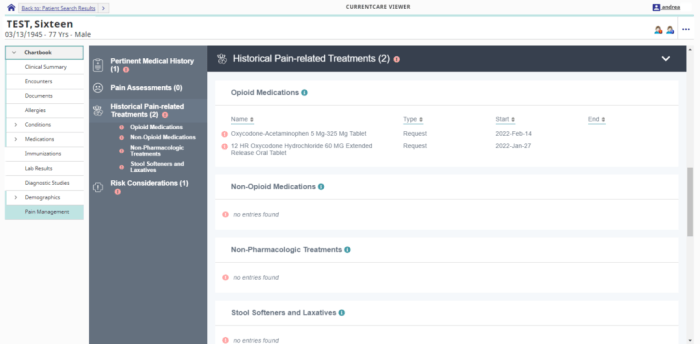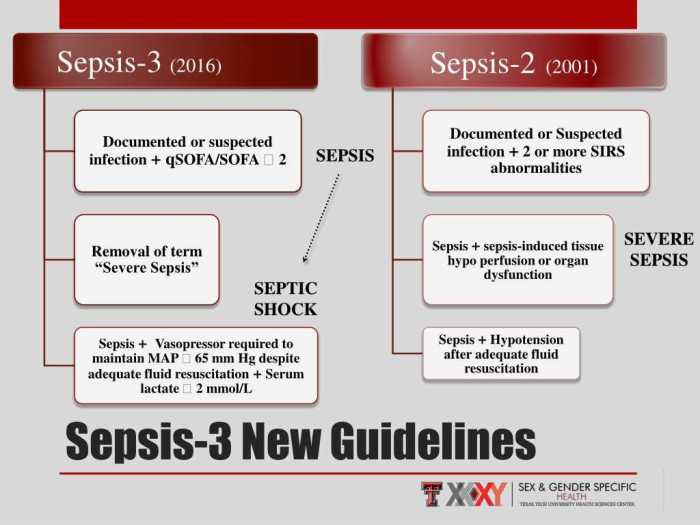The Skills Module 3.0 Pain Management Posttest stands as a crucial assessment tool, providing insights into participants’ grasp of pain management principles. Designed for healthcare professionals seeking to enhance their knowledge and skills in this field, this posttest offers a comprehensive evaluation of their understanding, highlighting areas for improvement and guiding further learning.
The posttest encompasses a wide range of key concepts, delving into the complexities of pain assessment, pharmacological and non-pharmacological interventions, and interdisciplinary collaboration. Through a combination of multiple-choice questions, case studies, and open-ended prompts, the posttest challenges participants to demonstrate their critical thinking, problem-solving abilities, and application of evidence-based practices.
Skills Module 3.0 Pain Management Posttest Overview

The Skills Module 3.0 Pain Management Posttest is a comprehensive assessment tool designed to evaluate participants’ understanding of pain management principles and practices.
The posttest is intended for healthcare professionals, including nurses, physicians, and physical therapists, who have completed the Skills Module 3.0 Pain Management course.
The posttest consists of 50 multiple-choice questions and has a time limit of 60 minutes.
Content Analysis of the Posttest

The posttest covers a wide range of pain management topics, including:
- Assessment of pain
- Pharmacological and non-pharmacological pain management strategies
- Interdisciplinary approaches to pain management
- Ethical and legal considerations in pain management
The questions are generally well-written and relevant to the content of the course.
The posttest is an effective tool for assessing participants’ understanding of pain management principles.
Question Analysis

The posttest uses a variety of question types, including:
- Multiple-choice questions with one correct answer
- Multiple-choice questions with multiple correct answers
- True/false questions
- Short answer questions
Each question type has its own strengths and weaknesses.
Multiple-choice questions with one correct answer are relatively easy to score and can be used to assess a wide range of knowledge.
Multiple-choice questions with multiple correct answers are more challenging to score, but they can be used to assess more complex knowledge.
True/false questions are easy to score, but they can be difficult to write in a way that is not ambiguous.
Short answer questions allow participants to demonstrate their understanding of a topic in their own words, but they can be difficult to score consistently.
Scoring and Interpretation: Skills Module 3.0 Pain Management Posttest
The posttest is scored on a scale of 0 to 100%. A score of 70% or higher is considered passing.
The results of the posttest can be used to evaluate participants’ performance and identify areas where they need additional training.
The posttest is a reliable and valid measure of pain management knowledge.
Recommendations for Improvement
The posttest could be improved by:
- Adding more questions on interdisciplinary approaches to pain management
- Using more short answer questions to allow participants to demonstrate their understanding of complex topics
- Providing more feedback to participants on their performance
Helpful Answers
What is the purpose of the Skills Module 3.0 Pain Management Posttest?
The posttest evaluates participants’ understanding of pain management principles and their ability to apply them in practice.
Who is the target audience for the posttest?
Healthcare professionals seeking to enhance their knowledge and skills in pain management.
How is the posttest scored and interpreted?
The posttest uses a scoring system to assess participants’ performance, with results used to identify areas for improvement and guide further learning.